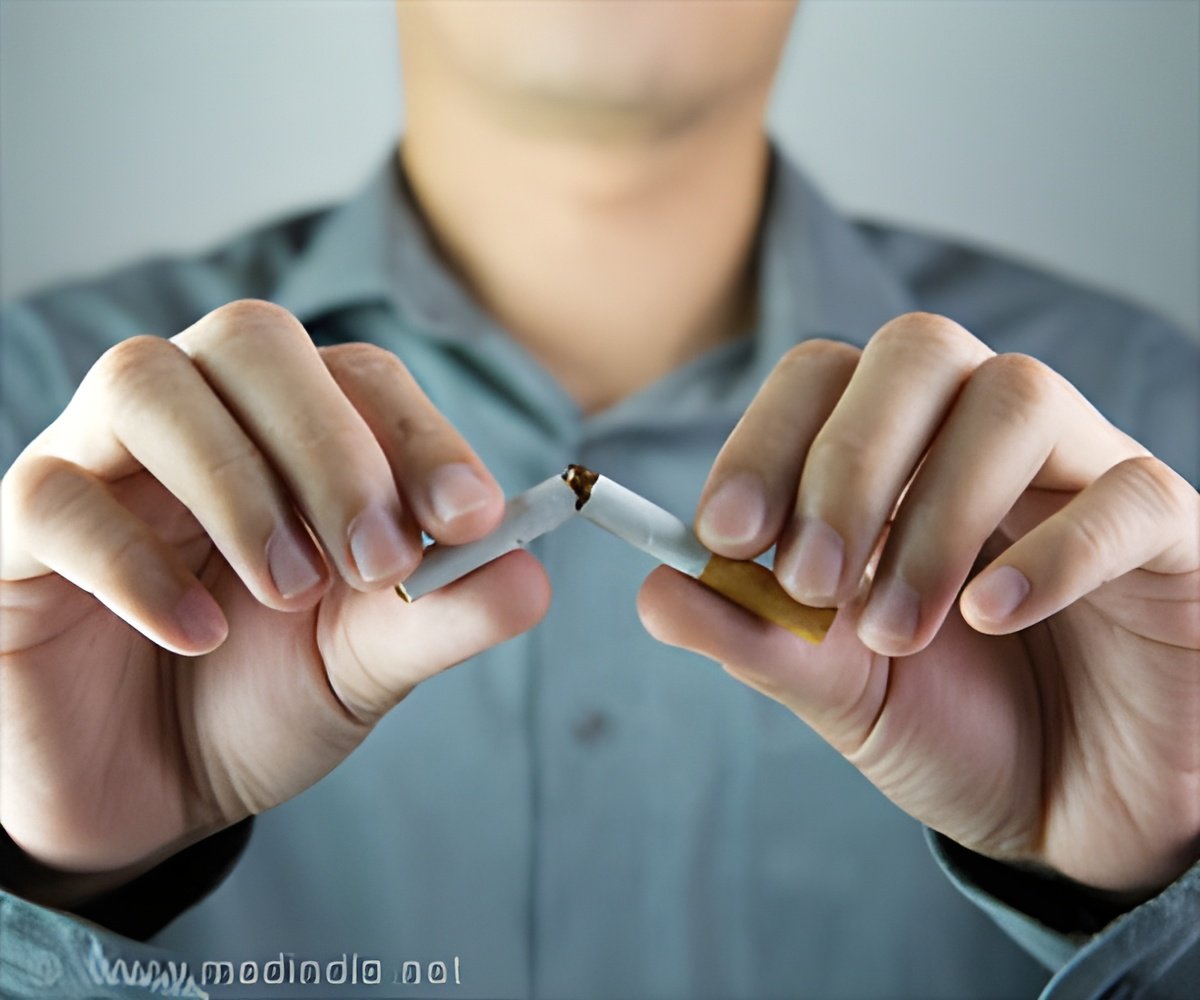Unless you quit smoking, you can never increase your chances of getting the best outcomes from angioplasty - meaning more relief from chest pain.

Quitting smoking when you have an angioplasty can help maximize the procedure’s benefits, meaning more relief from chest pain.
For the study, the team analyzed chest pain and quality of life measurements for 2,765 adults who underwent angioplasty -- a non-surgical procedure that opens narrowed or blocked blood vessels that supply blood to the heart.
From 10 different hospitals throughout the US, researchers recruited patients, who were undergoing angioplasty for either a heart attack or chest pain.
During the one-year follow-up, about 38% of smokers quit while about 63% persisted in smoking. They found that 21% of people who quit smoking when they had angioplasty reported chest pain as compared with 31% who kept smoking.
Nineteen percent of people who either never smoked or quit smoking before their angioplasty still had chest pain. Patients who smoke are strongly urged to quit as a key component of preventing a recurrent cardiovascular issue. "This is the largest study measuring quality of life after angioplasty with respect to smoking," Spertus added.
Advertisement
The research appeared in the journal Circulation: Cardiovascular Interventions.















